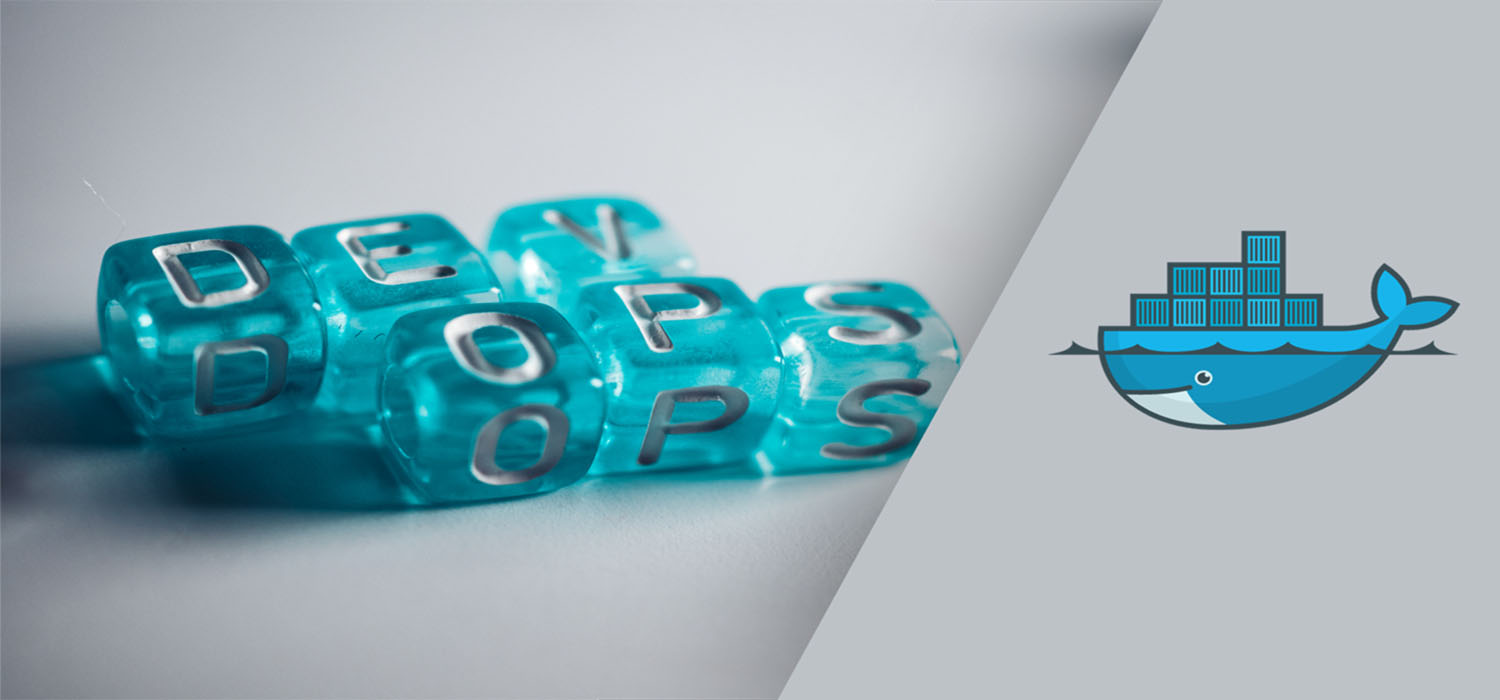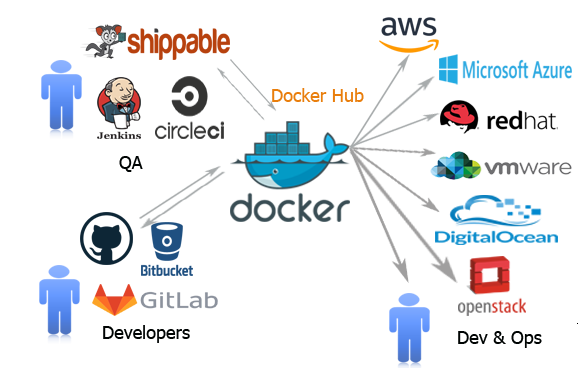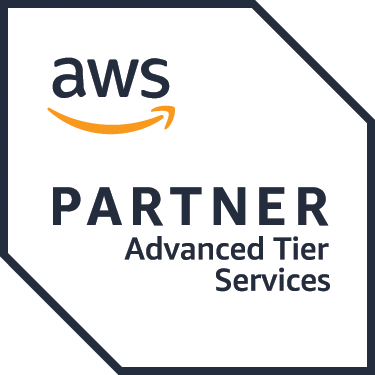
Docker, the container platform, is gaining a lot of attention within the DevOps community these days & it’s adoption seems to be increasing drastically day by day. With the use of Docker technology, 3.5 Million+ applications have been placed in containers whereas the containerized applications download has gone over 37Billion.
There are significant reasons for companies adopting Docker at a remarkable rate. With Docker organizations can achieve higher resource efficiency and scalability by providing the tools to develop and implement applications in a flexible, controlled & highly portable environment. It allows developers to collaborate and be in sync while building code for software development which thereby supports the CI/CD implementation on a different infrastructure.
Hence, enterprises can build a DevOps framework with Docker by integrating it with selected CI tools & application stack that can run on either on-premise, cloud or both.
Need for Docker in DevOps Environment
Before Docker, developers had a hard time accessing, understanding and implementing the development environment. But post the introduction of Docker, developers got a relief from setting up the specific development environment every time. Rather, they can now focus on building quality code, which has led to improvement in their efficiency and productivity.
Docker allows IT teams to set up environments that are exact replica of production servers. Hence, all the team members are facilitated with the same settings to work on the same project, regardless of the local host environment. Today different
DevOps tools like Ansible, Puppet, Chef, and Vagrant use Docker to automate the provisioning of the environments and also deployment of those environments.
The reason for Docker’s ease of use is its high-level API and documentation which has lowered the entry barrier into a container technology and thereby changed the way developers can share, test, and deploy applications. By lowering the entry barrier for enterprises to get into the container technology, Docker has transformed the way developers are today developing & deploying applications.
Docker – The DevOps Enabler
The core objective of DevOps is to shorten the time span between planning and delivery of new features, enhancements, and bug fixes from years to months with frequent production deployments. In order to achieve this objective & ensure a successful DevOps journey, it is imperative that an organization has the right tools and techniques to support collaboration, automation and communication amongst the teams.
Considering the friction which companies are facing today, a step-by-step approach is required which covers – automation, containerization and then moving to cloud, in order to achieve a successful DevOps implementation. In case you have an already existing cloud, Docker eliminates the gap between the servers and developers to smooth deployment but if there is no cloud then Docker provides Enterprise solutions to build your own private cloud.

Docker segregates a developer’s environment from the application that needs to be worked upon by defining the exact versions of software in use. Hence with any change in the software version, the developers only have to dockerise a container to their environment without any hiccups. This would allow them to easily work on the task at hand without having to install/uninstall software or deal with multi-gigabyte VM files, this making the development, enhancement, and production support tasks easy for developers.
With the developers, testers, and production environment using exactly the same configuration, implementations which would take months can now be completed within days. Hence, with Docker you can reap the full benefits of DevOps and enhance your business efficiency by many folds.
Summary
Docker is one of the finest technology platforms which is proving highly beneficial for organizations adopting DevOps. Though Docker makes it easier for organizations to adopt DevOps, it is important that it’s incorporated quickly in a cost effective manner with minimal business and operational risk. At CloudJournee, we have extensive experience in deploying Docker for DevOps in a way that the complete potential of the technology can be fully realized and it can help you in achieving your business objectives.


